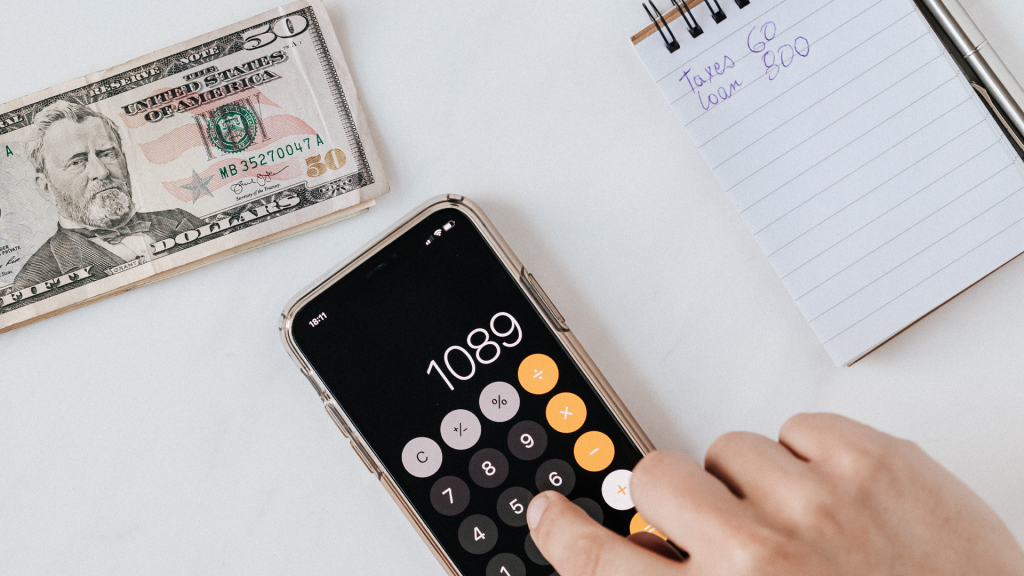
Whenever you take out a loan, you’ll almost always end up paying more back than you borrowed.
In almost every case, it will cost you less to pay off your loan faster, making a payment each month that is more than the amount due.
If you’ve been paying on a loan for awhile and it’s getting close to where you can pay it off, you may notice that the payoff amount of the loan is different than your loan’s current balance.
No, it’s not a mistake. That’s because the difference likely is because of the way the interest of your loan is calculated. Basically, your balance is what you currently owe, and your payoff is what you owe plus interest that accrues from the statement date and a specific payoff date.
If you’d like to pay off your loan early, check to see if there is a pre-payment penalty. If you are considering paying off your mortgage, you can request a payoff amount from your lender or servicer. According to the Consumer Financial Protection Bureau, if your loan is a “closed-end” loan secured by a dwelling, once you request a payoff amount, servicers must provide you with an accurate statement of the total amount that would be required to satisfy your obligation in full as of a specified date.
The best way to get the accurate payoff amount is to contact your lender. And keep in mind, getting a payoff quote does NOT obligate you to pay off the loan as quoted. If you change your mind, you can simply keep making the monthly payments. And if you’d like to pay it off early at some point in the future, contact your lender again to get an updated loan payoff amount.
Financially Fit is your home fitness guide for all things financial, provided by RCB Bank. Find money-building tips, insights and inspiration to help you improve your financial well-being at RCBbank.com/GetFit. Opinions expressed above are the personal opinions of the author and meant for generic illustration purposes only. Financing available with approved credit. Restrictions apply. Member FDIC.
Source:



